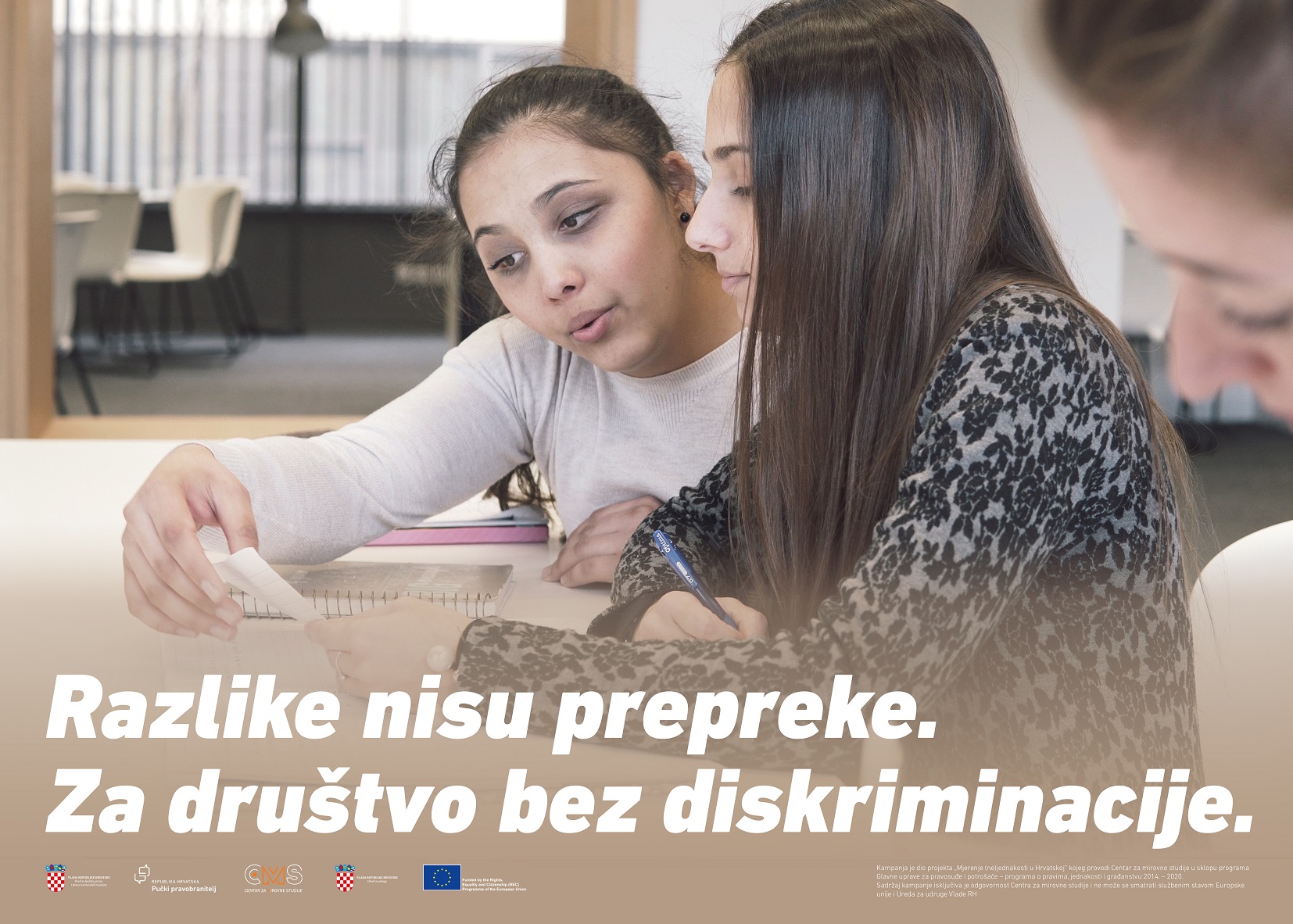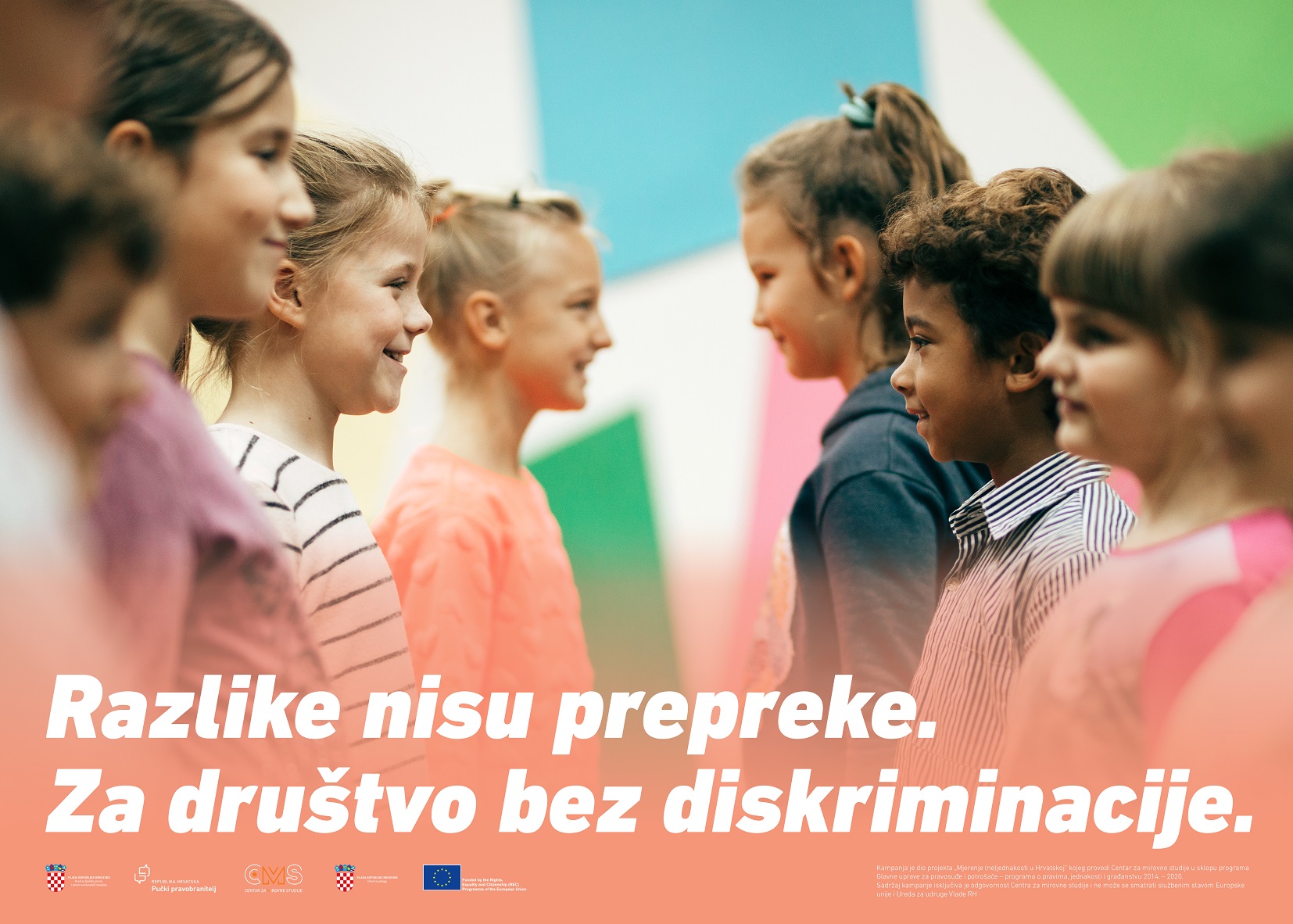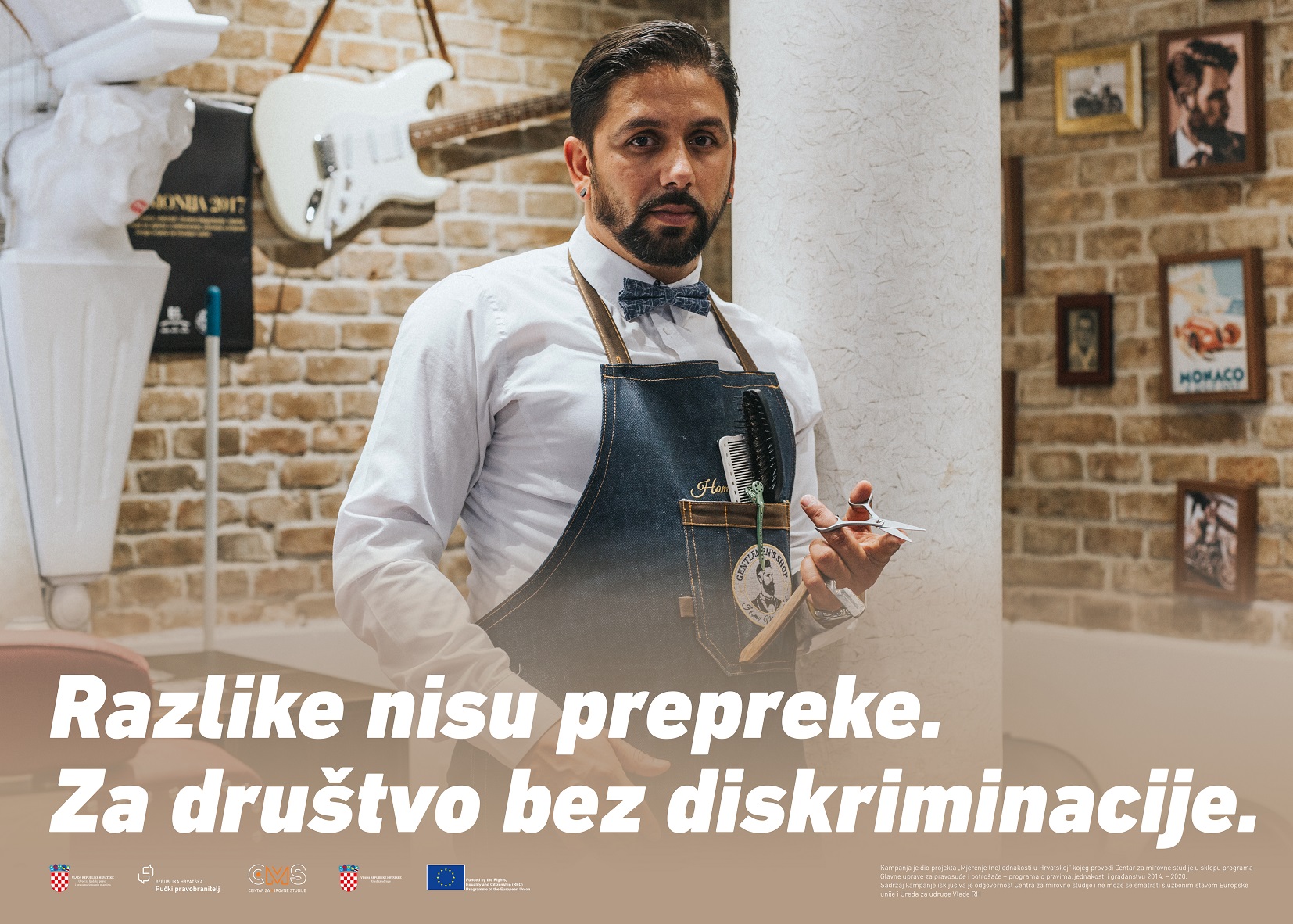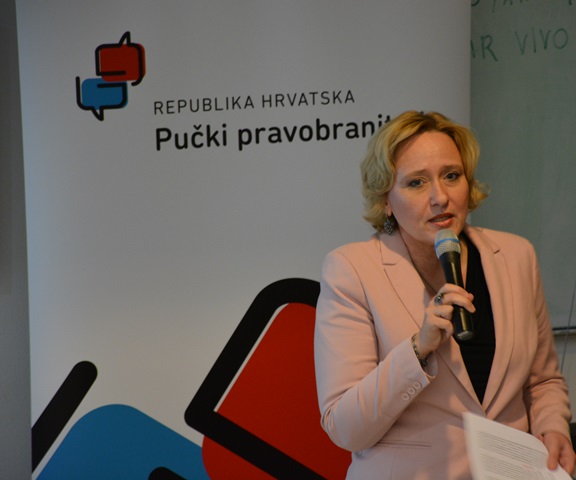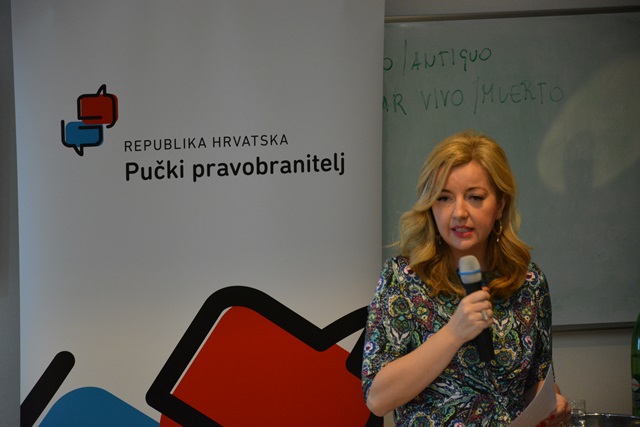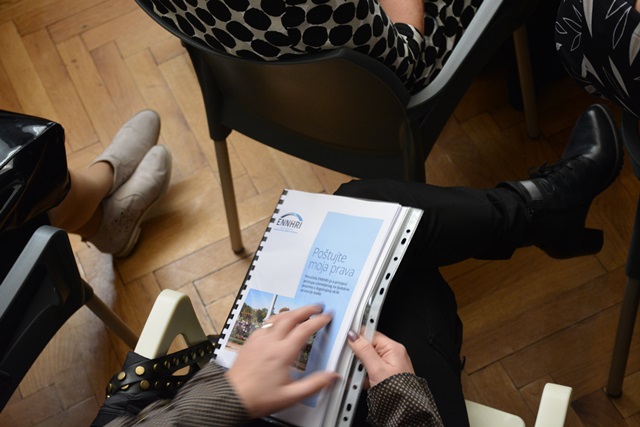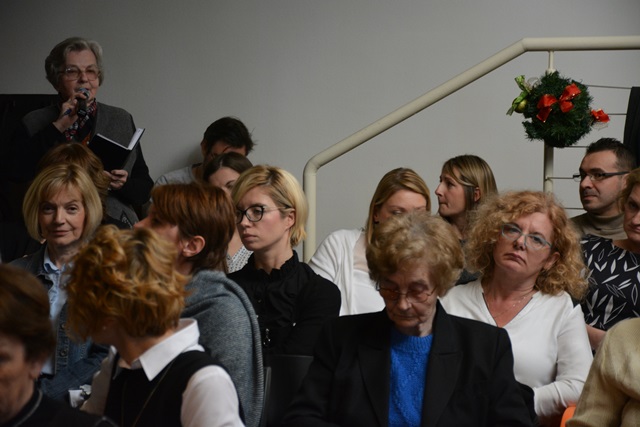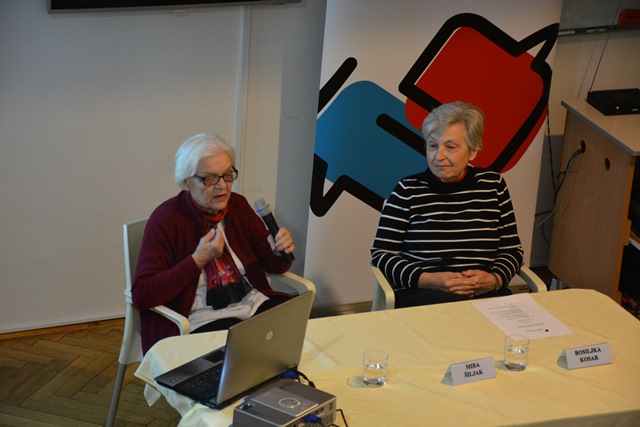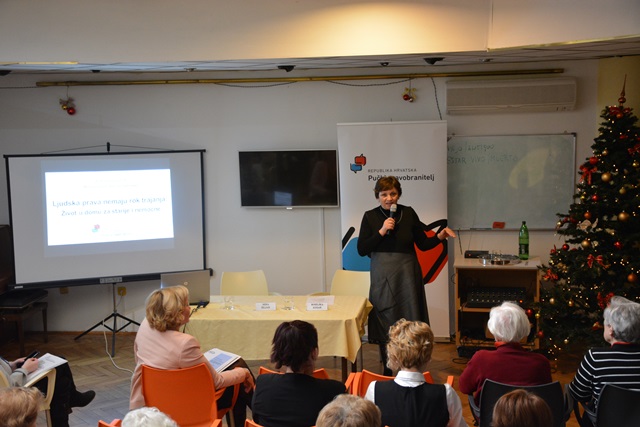Lack of staff in homes for older persons in long-term care as well as their lack of knowledge on human rights are the main causes of violation of rights in these institutions. The beneficiaries are satisfied with accommodation quality and they consider the staff to be the strongest link in the institutional chain, emphasised Ombudswoman Lora Vidović at the opening of the conference „Human rights have no expiration date – living in homes for older and handicapped“ organised on 8th December at the Elderly home Centar in Zagreb.
„Elderly who live in homes are not provided with adequate health services, for example gynaecological but also dental. Problems begin even before the arrival because they wait even for 10 years to get a place in a deinstitutionalised home“, said the Ombudswoman, who made a range of recommendations to the homes and relevant ministries in order to remove the shortcomings. This is the outcome of the Office teams' visits to the homes for elderly, including separate confidential interviews with residents and staff members.
State secretary in the Ministry for demography, family, youth and social policies, Margareta Mađerić, expressed the usefulness of these results in further addressing the problems of older people. She said they need to be better informed on their rights, which is a part of the activities envisaged by the Social care strategy for elderly 2017 – 2020.
Participation and strengthening the rights holders is one of basic human rights approaches in providing the care service, together with transparency, equality and anti-discrimination and legal treatment, said Adviser to the Ombudswoman Silvija Trgovec Greif, while presenting the Toolkit for employees and decision makers in the social care system. The European Network of National Human Rights Institutions (ENNHRI) published the Toolkit, as one of the results of the project in which NHRIs from Croatia, Belgium, Germany, Lithuania, Hungary and Romania took part. One of the recommendations is a call for adoption of the UN Convention on Human Rights of Older Persons. „I hope that Croatia shall note only support its adoption but also engage for a strong advocacy“, said Ombudswoman Vidović.
During the conference, a nurse of the Home Sv. Josip in Zagreb Marijana Lukšić Puljak presented the problems in long-term care from the staff perspective and emphasised the problems regarding employment due to a lack of candidates interested in such a job. As we cannot speak about the rights of the elderly without themselves, the home residents Mrs Mira Šiljak and Mrs Bosiljka Kosar took the floor and spoke about their experience, mainly positive.
This conference was organised in light of the International Human Rights Day, celebrated on 10th December across the world; hence the Ombudswoman announced events on the elderly rights will be held in 2018 in Osijek, Rijeka and Split.


